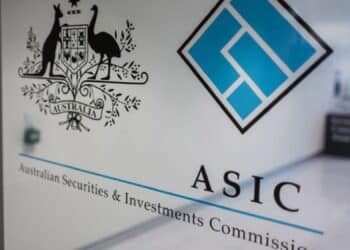Morningstar has launched its new portfolio carbon risk score which will aim at helping investors evaluate a portfolio’s exposure to carbon risk.
According to its new risk score, portfolios that had low carbon-risk scores and low levels of fossil-fuel exposure would receive the Morningstar Low Carbon Designation which would allow investors to quickly find low-carbon funds.
Also, companies in these portfolios would have already low carbon emissions or would be working towards lowering these carbon emissions in line with the goals of the Paris Agreement by developing carbon solutions, the firm said.
Morningstar would assign the Carbon Risk Score to about of 30,000 funds globally, and the scores would range from low to high, which would be calculated based on company-level carbon-risk assessment from Sustainalytics, a provider of environmental, social and governance (ESG) and corporate governance ratings and research.
Morningstar’s global head of research, Kelly Haywood, said that climate change would force investors to seek the balance between their desire for high returns and a commitment to achieve a positive environmental impact.
“Given this, investors will need a means of more precisely analysing their portfolio exposures to ensure they meet the realities of a carbon-constrained future,” she said.
“The new Carbon Risk Score and Low Carbon Designation put that power in investors’ hands to monitor, manage, and reduce risks stemming from carbon exposure in portfolios.”
According to Morningstar, the carbon metrics would be calculated on a quarterly basis for any fund that has at least 67 per cent of its portfolio assets covered by Sustainalytics’ company-level carbon-risk research.





